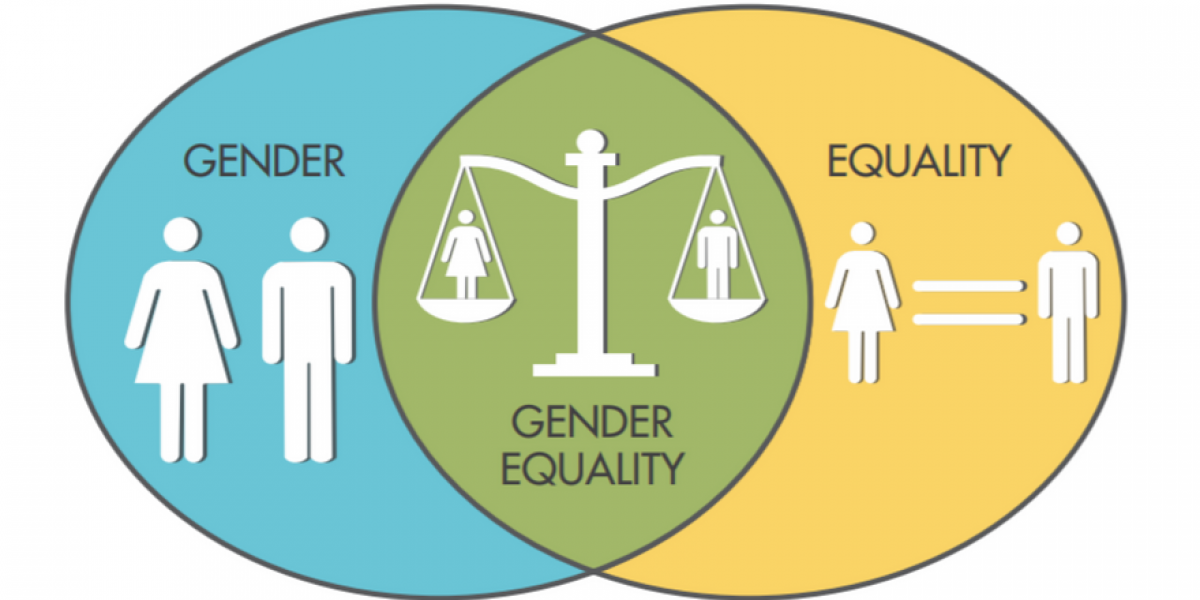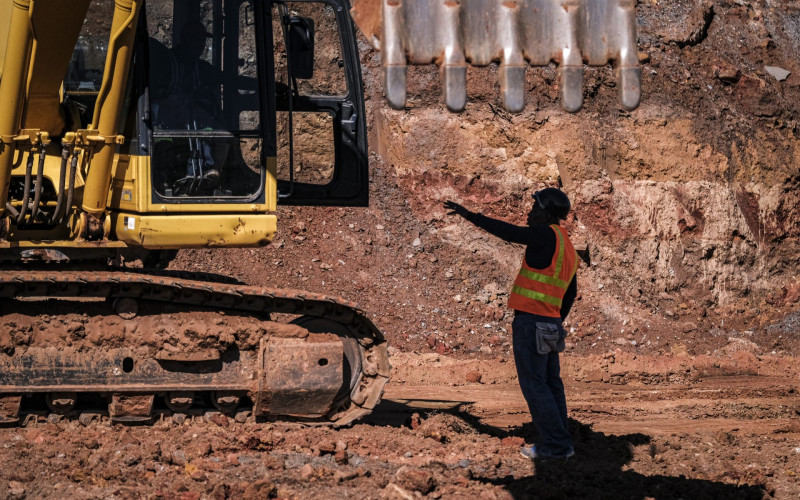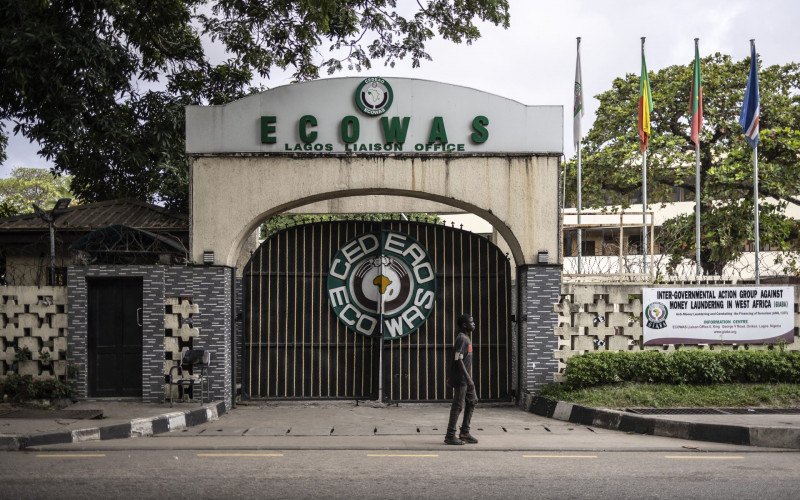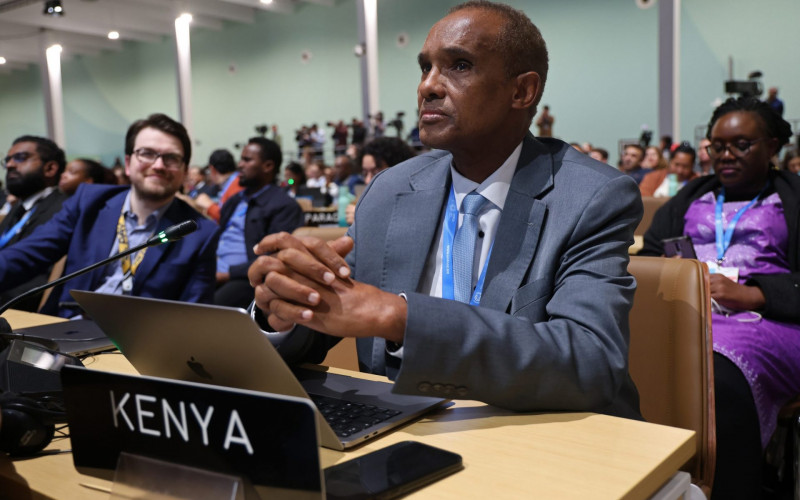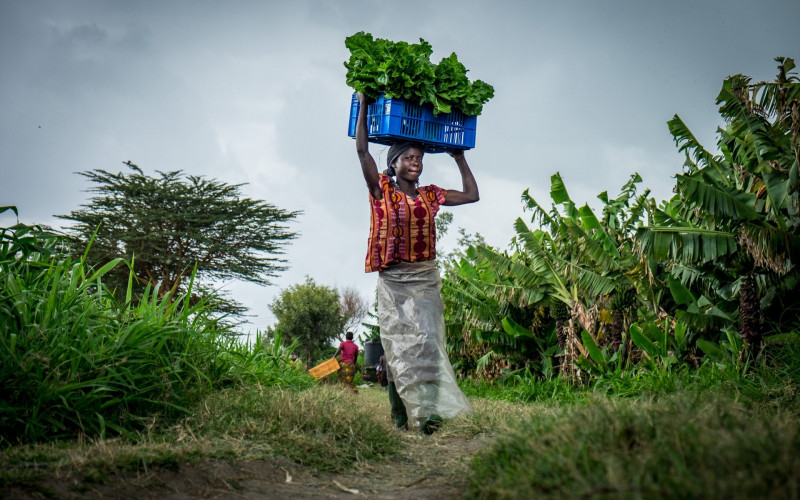With most countries failing to move onto a sustainable development path and fulfil many of the outcomes emerging from the 1992 Earth Summit, a green economy is envisioned as a new pathway to achieving sustainable development and poverty eradication. It is a remedy for the prevailing brown economy, which has been a major driver of environmental degradation and inequality. A green economy would serve as a vehicle for accelerating and achieving sustainable development and poverty eradication, taking into account the vital links between the economy, society, and the environment. Central to its desired outcomes is gender equality, which is recognised globally as a fundamental requirement for achieving sustainable development. A successful transition to a green economy would therefore depend on how gender is assimilated into the transition processes, and on interventions to ensure gender inequalities are not perpetuated. This paper explores the potential for achieving gender equality in a green economy.

